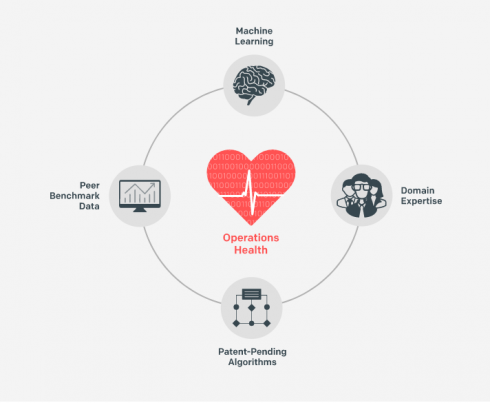
PagerDuty is trying to help organizations prioritize the health of their employees with its new Operations Health Management Service (OHMS) analytics service.
OHMS allows organizations to evaluate the work-life balance of employees who work on developing, maintaining, and supporting digital services.
“As an inherently data-driven company, we are constantly evaluating the health of our core tools and technologies, so it’s only logical that we do the same for our most precious asset: our people,” said Mary Moore-Simmons, Engineering Operations Manager at SendGrid. “Using PagerDuty’s Operations Health Management Service, we have the ability to drill down into the causes of operational pain and inefficiencies and course-correct before employees are lost or customers are impacted.”
According to a recent PagerDuty report, more than half of IT professionals experience interruptions more than 10 times per week in their personal life, including sleep interruptions, as a result of disruptions or outages of digital services at work. These interruptions can lead to sleep deprivation, heightened levels of frustration, and can prevent them from working efficiently, said the company.
Those negative effects on employees can cause operational inefficiencies within the company and can even cause employees to want to leave an organization in search of a better working environment. According to PagerDuty, the cost of replacing a single skilled IT professional is around $300,000, so it is important that organizations prioritize employee health and satisfaction.
The OHMS provides data-driven health scores created from 15 different health indicators. The OHMS Operations Health Score measures organizational health, which can result in action to correct problems that are occuring.
By collecting anonymized data from the past from 53 industry verticals, PagerDuty can provide business with a frame of reference for evaluating the health of their own organization.
The OHMS will also be able to pinpoint the source of health degradation and recommend tailored solutions to address those issues, such as process improvements, enabling specific PagerDuty features, updating workflows so that they follow best practices, and identifying and fixing services that are causing disruptions.
“For the first time in the history of IT Operations, IT leaders now have a service that gives them visibility into the key health indicators that affect employee engagement, well-being, and operational efficiency,” said Ophir Ronen, Head of Digital Operations Insights at PagerDuty. “Humanizing operations encourages businesses to prioritize employee retention while ensuring business continuity and success.”








